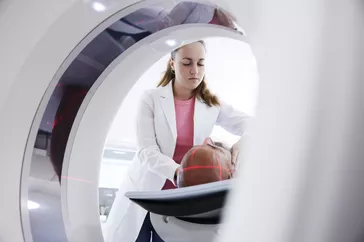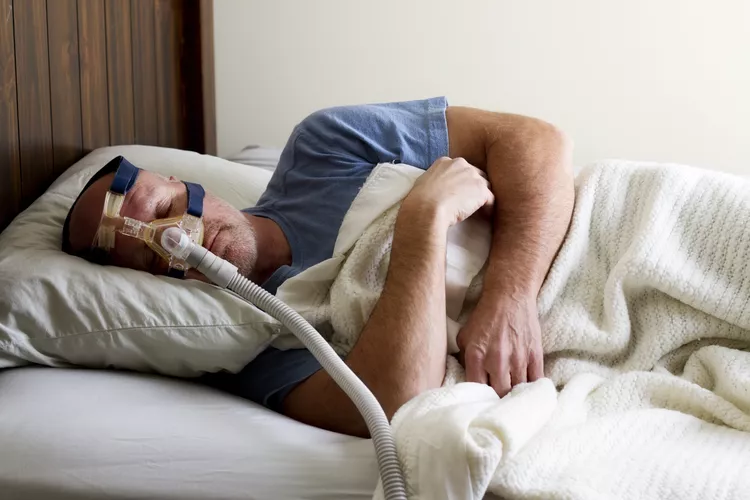‘Stage 4 Isn’t the End’: Katie Thurston Opens Up About Her Cancer Diagnosis, Fertility Preservation, and Unwavering Hope
.png)
In early 2025, reality TV personality Katie Thurston, best known for her role on The Bachelorette, received a diagnosis that changed the course of her life: Stage 4 breast cancer at just 34 years old. While the news was unexpected and life-altering, Thurston has chosen to confront her condition with openness, strength, and determination. In a recent interview with Health, she shared the challenges she’s faced, her experience with fertility preservation, and her message about the importance of proactive health care.
A Life Rewritten by Diagnosis
Thurston had envisioned 2025 as a milestone year—one filled with wedding planning, a move to New York City, and preparing for motherhood. But all of those plans were put on hold after a routine check-up turned into a life-defining moment: she was diagnosed with breast cancer.
“I wasn’t prepared for the 2025 I’ve been having so far,” Thurston reflected.
Her case reflects a concerning trend: the increasing incidence of breast cancer among younger women. According to Thurston, the lack of awareness about this reality is contributing to delayed diagnoses. “If I had seen someone like me talking about this last summer, I might’ve gone to the doctor sooner,” she said.
A Misunderstood Symptom: Painful Lumps
.png)
In the summer of 2024, Thurston noticed a small, rubbery lump in her breast that caused mild pain. Due to the common belief that breast cancer is not painful—reinforced by many medical sources—she initially dismissed it.
“I thought it couldn't be cancer. Breast cancer doesn’t hurt, right?” she recalled.
Her previous experience with a benign breast cyst further led her to believe it was harmless. These assumptions delayed her seeking medical advice until early 2025, when a routine doctor’s visit resulted in a diagnosis that would overturn her expectations.
Fertility Preservation Amidst Cancer Treatment
One of the most emotionally complex aspects of Thurston’s journey has been navigating fertility in the midst of a cancer diagnosis. Since cancer treatment—particularly chemotherapy—can have permanent effects on fertility, Thurston and her then-fiancé (now husband), comedian Jeff Arcuri, made the decision to undergo in vitro fertilization (IVF) before treatment began.
“IVF is incredibly demanding on its own,” she explained. “To do it while facing cancer... it’s a physical and emotional challenge on a completely different level.”
Despite the emotional toll and physical exhaustion—including daily hormone injections and a difficult recovery from egg retrieval—Thurston found solace in the outcome: two preserved embryos, representing hope for future motherhood.
A Second Diagnosis: New Team, New Treatment Plan
After moving to New York City, Thurston received a second opinion, which revealed that her cancer had spread to her liver. This updated diagnosis reclassified her condition from Stage 3 to Stage 4, hormone receptor-positive, HER2-negative breast cancer.
This change also altered her treatment course significantly. Instead of chemotherapy, her care team prescribed a combination of oral medications and a monthly injection—less aggressive, but specifically targeted to her cancer type.
“I felt hopeful,” she shared. “In a strange way, I felt spiritual. I didn’t expect that, but I did.”
Eventually, surgery in the form of a double mastectomy is expected, depending on the tumor's response to current therapy.
Redefining Stage 4: A Chronic Illness, Not a Death Sentence
Thurston has made it a personal mission to change how people perceive a Stage 4 cancer diagnosis. Rather than viewing it as a terminal sentence, she emphasizes the reality that many people live with metastatic cancer as a chronic condition.
“Stage 4 is something we manage—possibly for the rest of our lives,” she said. “It doesn’t mean you have a clock ticking over your head.”
Her goal is to normalize this narrative and encourage others to understand that with new treatments, long-term survival is increasingly achievable.
Finding Strength Through Community and Support
Throughout her journey, Thurston has found profound support in the cancer community. She credits survivors and fellow fighters as her greatest source of knowledge and encouragement.
“They say it’s the worst club with the best members—and that’s completely true,” she said.
Equally important has been the unwavering presence of her husband, Jeff Arcuri, who postponed his career obligations to stay by her side during the initial and most vulnerable stages of her diagnosis.
“I couldn’t have gone through those early moments without him,” Thurston said.
Advocating for Early Detection and Proactive Care
Now an advocate for proactive health practices, Thurston urges others—especially young women—to take their health seriously and listen to their bodies.
“I want people to be brave and be their own best advocates,” she said. “Cancer can be treated—sometimes even cured—if it’s caught early.”
Her story is a reminder that awareness, timely medical care, and the support of loved ones can profoundly shape the experience of a life-threatening diagnosis.
.png)
.png)






